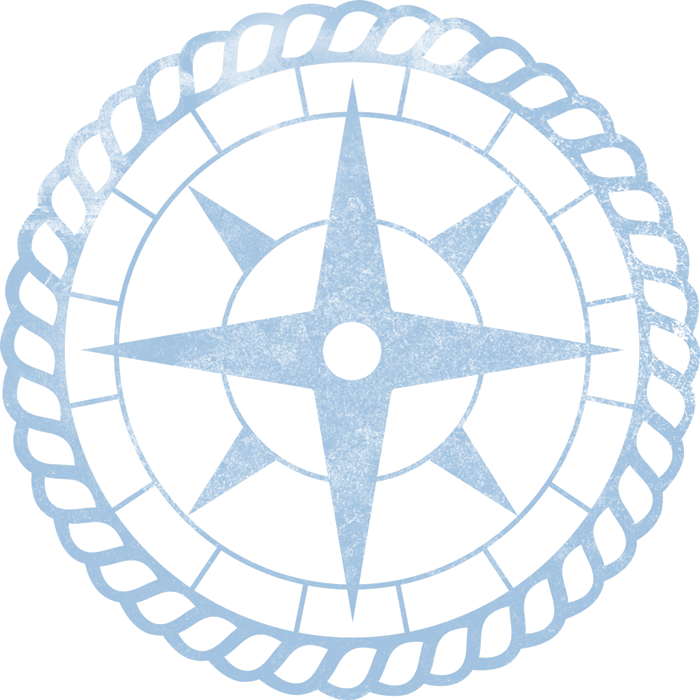
WHAT WILL YOU LEARN?
On our expeditions students work, live and travel together in the wilderness. Depending on the course, students learn outdoor skills like backpacking, rock climbing, whitewater canoeing, sea kayaking, camp craft and how to navigate using a map and compass. These "hard" or "technical" skills are the foundation of outdoor leadership. Through these challenging experiences, participants also learn important skills for life, which we call "soft skills;” these include skills like communicating effectively with a group, learning to lead and to follow and how to recognize and to apply strengths and resources to overcome challenges.
THE FOUR PILLARS
The Four Pillars represent the foundation of Outward Bound and are at the core of every course we deliver. We also incorporate these principles that complement the four pillars: Safety, Service, Courage, Leadership, Diversity, Environmental Stewardship.
Who Will my Crew Be?
You will live and share your expedition with a crew of six to 12 other students. Your crew will come from diverse geographic, ethnic and economic backgrounds and each individual contributes to the group’s success in different ways. Through activities, discussions and reflections, your instructors cultivate a trusting and supportive group culture and you will all become part of a small community. You may be surprised by how quickly you bond with your crewmates. Due to the importance of fostering positive group dynamics and the educational objective of developing each student’s self-reliance and sense of self, we encourage students to enroll on their own course. > WATCH: Bonds that last a lifetime.

Who are my instructors?
As the leader in experiential and outdoor education, our instructors are accomplished outdoor educators with extensive experience and training in technical and facilitation skills. Whether it's leading an ascent or facilitating a group discussion, our instructors form the backbone and the heart of every course. They are generally in their late 20's and are adventurous and compassionate people who have a full resume of teaching, counseling, outdoor and group leadership experiences. Many of our instructors are also Outward Bound Alumni and have participated in our rigorous 50-day Instructor Development Course. They are also all Wilderness First Responder and CPR certified. All our instructors participate in annual trainings that offer professional development and enhance our participants' experience on course.


Since 1967, North Carolina Outward Bound School has served tens of thousands of students on wilderness expeditions. Safety is of the utmost importance to us. We are proud of our safety record over that time and frequently review and refine our policies to maintain that record. It is important to recognize that there are real risks associated with participating in outdoor activities. Learning to manage those risks is part of every course, and each student is expected to play a role in their own safety by adhering to the rules, policies and procedures set up by instructors and staff members while at Outward Bound.
Our risk management efforts include: internal and external reviews of courses and course areas, instructors who are certified as Wilderness First Responders (an outdoor education industry standard level of training), annual instructor assessments, training requirements and the development of comprehensive program plans.
What will I eat?
With coaching from your instructors, you learn backcountry cooking techniques and are responsible for helping with meal preparation. We cook on gas camp stoves, as we seldom build fires due to Leave No Trace camping ethics. Your diet will be a mix of dehydrated foods, fresh fruits and vegetables. We also use foods such as granola, oatmeal, tortillas, cheese, tuna, crackers, rice, beans, pasta, salami, peanut butter, jelly, bagels and trail mixes. The amount of physical activity you experience during your course demands a nutritious diet to help fuel your body. We can accommodate some dietary requirements and restrictions such as gluten-free and lactose intolerant.


What is solo?
Solo typically occurs halfway through course. Our instructors will assign each individual their own campsite in a designated area. Students separate from one another staying within close range to the instructors, to be alone, or solo, for a period of time. Most people use this time for reflection and relaxation, as well as a time to use all the technical skills they have learned. This is not a “survival test;" you will have all the appropriate clothing, food, water, and shelter, as well as a compass and whistle. You will know the location of your instructors' solo site, and they will not only teach you important procedures to follow for solo, but monitor you and your crew during the experience. The length of a Solo is determined by course length, weather and group dynamics. > WATCH: Solo - Unplug and Listen



